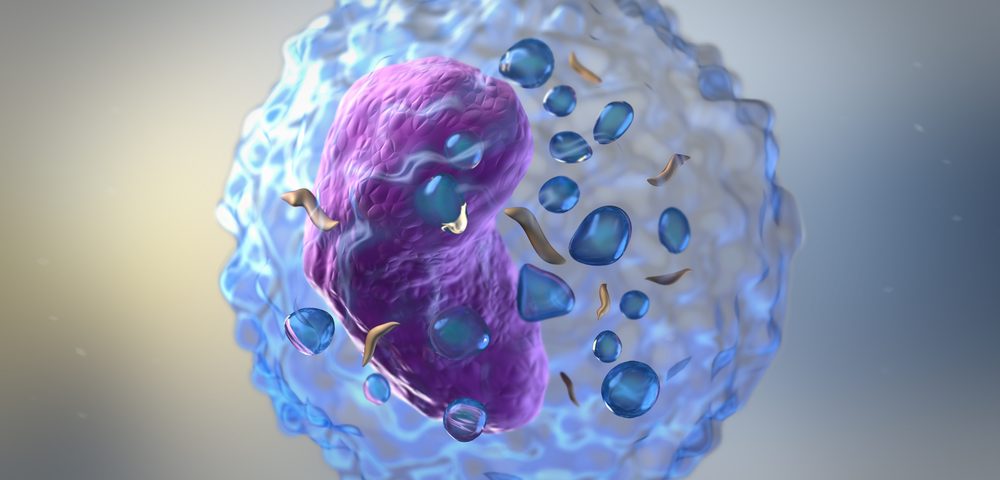The immune checkpoint inhibitor Opdivo (nivolumab) may induce remission in classical Hodgkin lymphoma (cHL) patients who have relapsed following an allogeneic hematopoietic stem cell transplant.
That was the conclusion of a new case series conducted by researchers at the University of Chicago’s Department of Medicine. The study, “PD-1 blockade induces remissions in relapsed classical Hodgkin lymphoma following allogenic hematopoietic stems cell transplantation,” was recently published in the Journal for ImmunoTherapy of Cancer.
An allogenic hematopoietic stem cell transplant (alloHSCT) is a well-known treatment approach that can be curative in patients with cHL. AlloHSCT induces donor-derived lymphocytes (white blood cells of the immune system) to attack malignant cells, a process known as graft-versus-tumor (GVT) response.
But when alloHSCT fails, there appears to be a loss of GVT response. This can lead to immune evasion and cancer relapse, according to researchers. Unfortunately, few treatment options are currently available for patients who relapse after alloHSCT.
Recently, however, immune checkpoint inhibitors have generated interest as a possible option for these people. These immune-based therapies are believed to augment and enhance the GVT response.
Preclinical studies suggest anti-PD-1 antibodies, such as Opdivo, may lead to increased rates of remission in patients who fail to respond after alloHSCT. But until recently, research has been limited due to concerns that enhancing GVT with immune checkpoint blockers could lead to a serious autoimmune reaction, known as graft-versus-host disease (GVHD).
To further investigate the role of immune checkpoint inhibitors in treating refractory lymphoma, researchers treated three cHL patients, who had relapsed after chemotherapy and alloHSCT, with Opdivo for two weeks. All three were not taking any immunosuppressive therapies at the time.
Thepatients achieved remission following Opdivo treatment, the researchers reported. Acute GVHD was not observed in any of them, but the medication was stopped early in one patient who developed an immune-related polyarthritis.
“Our data conclusively demonstrate that anti-PD-1 therapy with nivolumab is effective for relapsed cHL following alloHSCT,” James Godfrey, study lead author, and colleagues, wrote. “All three patients have achieved objective and ongoing responses to treatment.”


